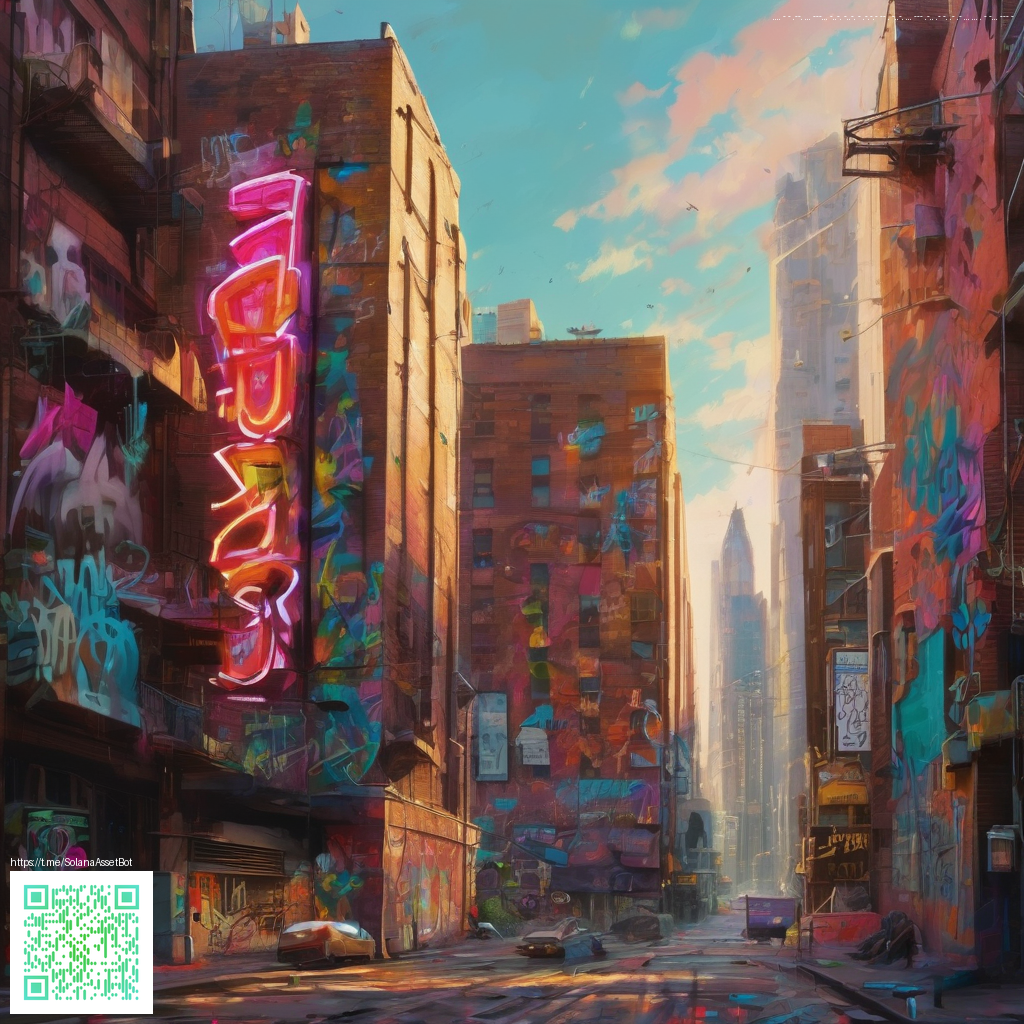
Modders Expand the Brain Age World on the DS
The Nintendo DS era gave players a simple yet surprising arena for brain training routines. A devoted circle of modders kept the experience fresh long after official updates stopped flowing. They built patches that translate menus, introduce new drills, and reimagine how the exercises flow on the dual screen. This is a look at how fan work expanded the scope of a beloved handheld staple and what it reveals about the power of community driven game preservation 💠
What began as curiosity in the margins soon became a living pipeline of ideas. Community members explored how to adapt text for new audiences, how to balance difficulty across ages, and how to gently extend the workout roster without erasing the original rhythm. The result is a spectrum of fan projects that feel like thoughtful extensions rather than mere hacks, each patch carrying a stamp of care from players who spent countless hours testing on emulators and flash carts.
From ROM hacks to fan translations
At the core of these efforts lies translation and localization. Patches translated menus and prompts so non English speakers could dive into routines they had only seen in posters or screenshots before. In addition to language changes, enthusiasts touched up on accessibility features and simplified controls when needed. While the core design remains intact, the patches offer a doorway for newcomers to approach the exercises with confidence and curiosity.
Gameplay innovations born in the wild
Fan projects commonly introduce optional drills or alternate modes that complement the official set. Some patches offer expanded challenge tracks that scale with accuracy metrics, while others propose streamlined layouts that reduce on screen clutter. The spirit behind these changes is not to overhaul the game but to breathe new life into the cadence of the sessions, letting players choose how they want to structure their daily brain workout.
Community pulse and culture
The modding scene thrives on collaboration and shared knowledge. Patch notes, playtest videos, and side by side comparisons populate dedicated forums and wikis. For many players, the most rewarding part is watching a patch evolve through feedback from peers who are just as invested in the original experience as they are in experimentation. It feels less like piracy and more like a living museum where the audience contributes a new chapter with every release.
Update coverage and preservation
Preservation matters in retro circles, and the patching work doubles as archival efforts. By documenting changes and preserving working configurations, the community ensures that a moment in time is not lost when hardware ages or online ecosystems vanish. Emulation compatibility often becomes a focal point, with testers confirming that patches run smoothly on multiple DS emulators and hardware solutions alike.
Developer commentary and ethics
Debate around fan projects centers on two currents. One emphasizes respect for the original design and the intent of its creators, while the other celebrates creative reinterpretation that broadens access and invites experimentation. A recurring theme is the obligation to avoid misrepresenting the game and to clearly label fan content as non official. In this space the community members speak openly about balancing preservation with playful innovation, always mindful of copyright boundaries while pushing ideas forward.
“The aim is to preserve the essence of the training routine while inviting players to approach it with fresh eyes. When patches are well crafted they feel like official DLCs created by the fans themselves.”
For fans who crave a deeper dive into how these projects come together, the conversations around patch testing, patch packaging, and distribution practices highlight a vibrant methodology. The best patches respect the original pacing and tone, yet they gladly experiment with scale and scope to meet modern expectations without sacrificing the sense of discovery that defined the DS era.
If you enjoy the idea of a community driven remix that honors classic game design while inviting new players to participate, you will find the stories behind these projects both informative and inspiring. The energy of the modding culture shows how a simple training game can become a shared playground where technique, artistry, and curiosity collide. And the best part is that the conversation continues to evolve with every new patch release or reprint of fan created guides 💡
Support a decentralized internet